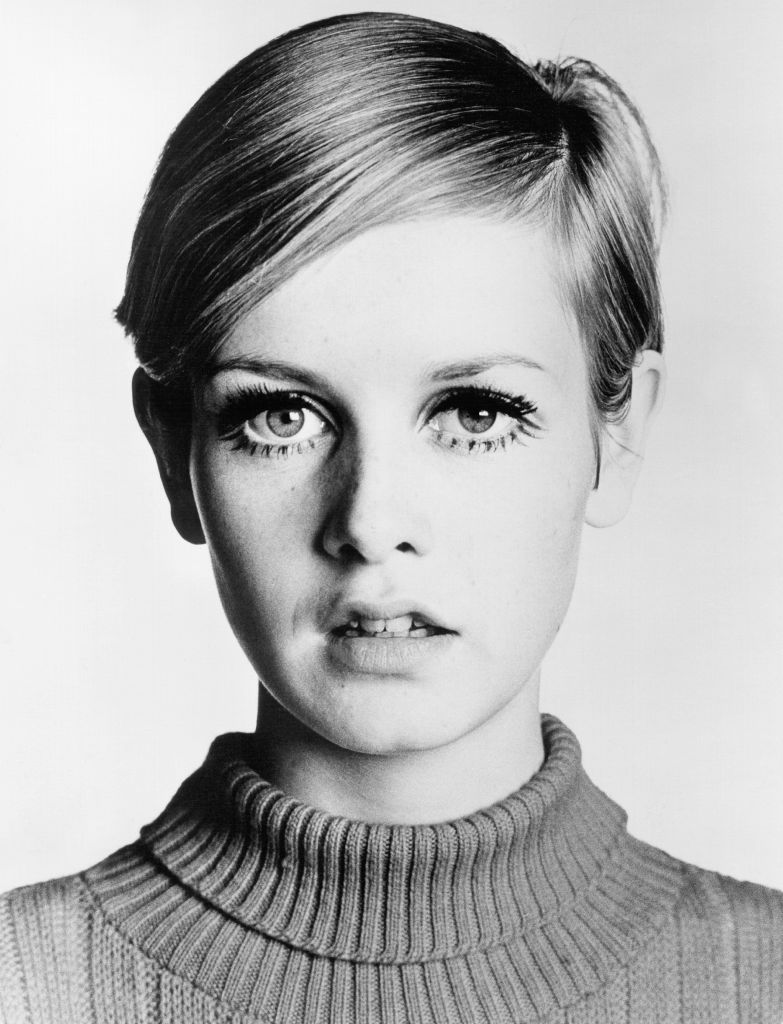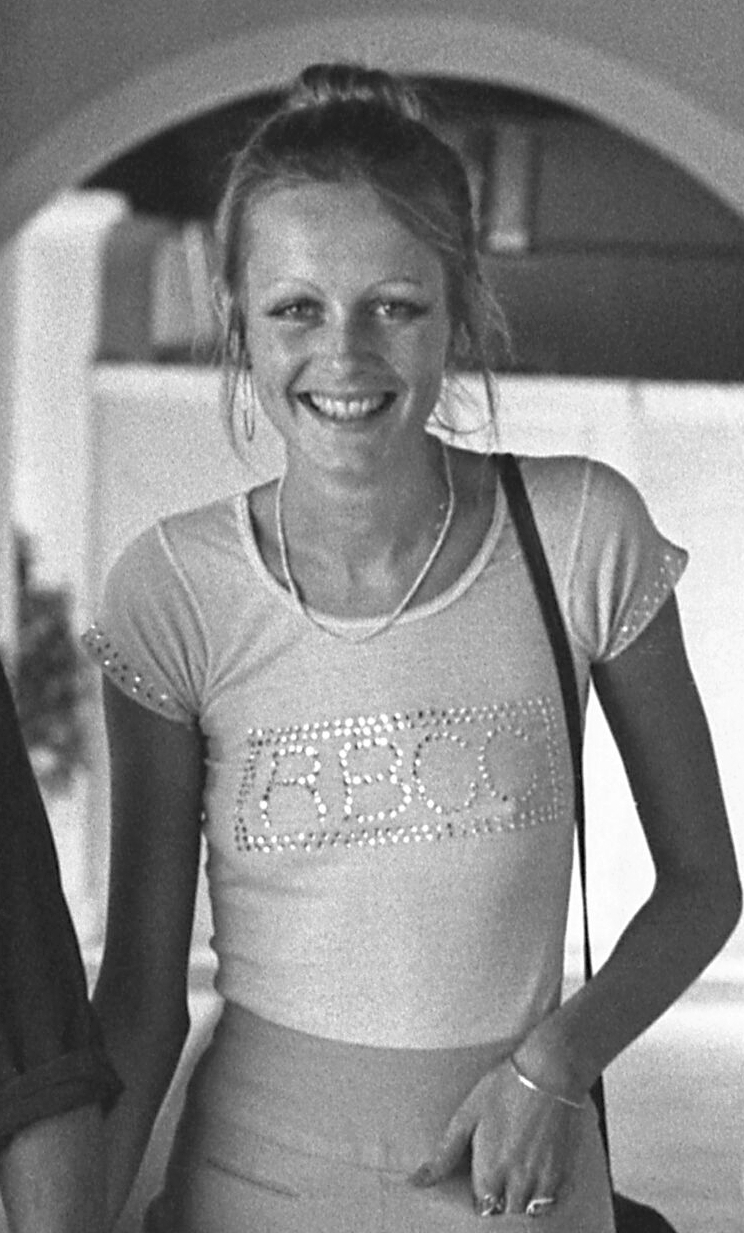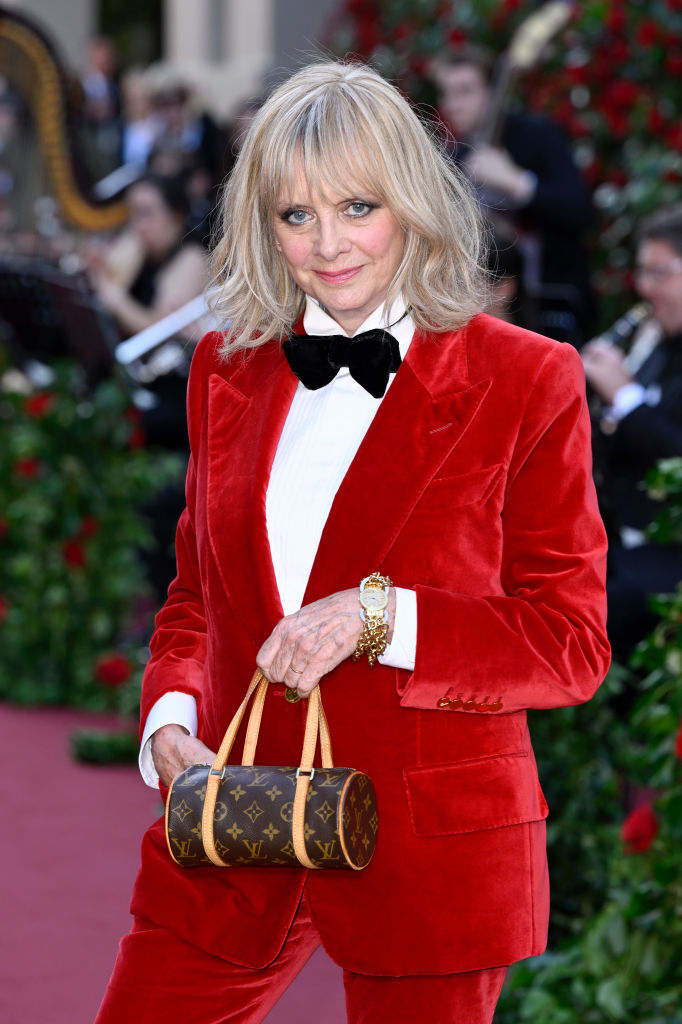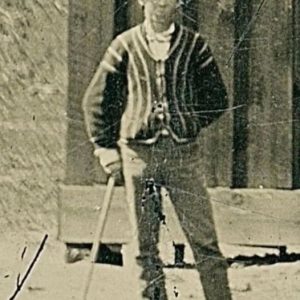With reluctance, Twiggy embraced a more daring style that has been imitated for decades: a pixie cut that matched her elfin features and large blue eyes.
The iconic cover girl may have revolutionized the fashion world with her young style, but she recently admitted that she wasn’t a fan of the androgynous buzz that was popular in the ’60s. She blamed her timidity for letting a prominent hairstylist fix her hair in a “posh salon.”
In honor of Twiggy’s 74th birthday on September 19, we’re reliving the ’60s, the era when her iconic baby dolls were originally popular.
“Twiggy,” whose real name is Lesley Hornby, was seeking a fresh style to kickstart her career in 1966. The ambitious young model was told she wouldn’t make it in the cutthroat fashion industry because of her tiny stature, which measured only 5 feet and 6 inches.

The former supermodel, who will turn 74 on September 19, recalled visiting the famous British stylist Leonard Lewis, better known as Leonard of Mayfair, and getting her shoulder-length hair arranged for some test “head shots” at the House of Leonard in London.
Lewis needed some test subjects for his latest cropped hairstyle.
During her recent interview on “Table Manners,” Jessie Ware’s podcast, the former style star opened out about her lifelong aversion to short hair.
Twiggy said to Ware on the show that she had gone to get her hair washed and styled when Leonard spotted her and offered to give her a new cut. “After a while of growing it out, I was like, ‘I’m not sure if I want my hair cut or not.’” However, I was a little too timid to politely decline the service because I was at a pretty upscale salon in Mayfair, so I simply nodded.
Returning to the salon the following day, Twiggy took a seat in Lewis’ chair, preparing herself for what lay ahead.

The following day, I returned and spent seven hours there; after he cut it, I had it colored and recut. “Oh, it was crazy,” she remarked while laughing.
Twiggy may not have been after an androgynous style, but she soon saw how Lewis became famous as a stylist.
Lewis had British photographer Barry Lategan take Twiggy’s shots after she had perfected her golden blonde crop.
Twiggy commented, “Leonard put it up in the salon and a journalist saw it.” She was alluding to Deirdre McSharry, the fashion editor of the Daily Express, who noticed Twiggy’s daring hairstyle in the images while having Lewis style her hair. “And that was the whole story…”The turning point came when that haircut was underway and the photo was captured.
She emphasized her huge blue eyes with mascara on her lower eyelashes, and her pixie cut brought out their best features.
“I was also constantly playing around with makeup at home,” Twiggy recalled in an interview with Vogue, explaining where her doe eyes came from. I got my signature “look” from a pair of synthetic eyelashes I got for my rag doll, which had those thick, spikey lashes.
The former supermodel went on to say that when she was a young girl, she defied the rules of her school by going to mod clubs on Saturday nights in her miniskirt and makeup.
I attended a grammar school, and the curriculum was rather regimented. Everyone donned uniforms and was asked not to wear makeup. So, like other adolescent females, my friends and I would spend our weekends playing with makeup. And that’s how that cosmetics changed, she went on to say.
She began to include the eyes into her distinctive style.

The title “Twiggy-The Face Of ’66” and other photographs, which would later become iconic black and white images that established her modeling career, appeared in the Daily Express a few weeks after the session.
She had her first photo session for Vogue the following month, and after that, “life became a whirlwind.”
Twiggy was the prototypical mod fashion icon; she served as an inspiration to countless women and was the first celebrity to be modeled after by Mattel for a Barbie doll, the Twiggy line.
Over the next several years, Twiggy’s name became synonymous with the trailblazing British designer Mary Quant, who revolutionized fashion with short hemlines, freeing the female leg.
After only a handful years of modelling, Twiggy retired in 1970 and explored stage and screen acting, along with singing.
Her movies include starring roles in 1971s The Boy Friend–a performance that earned her two Golden Globes–and Club Paradise (1986), where she played the lead alongside the late Robin Williams.
The America’s Next Top Model judge also worked on a fashion line exclusive to Marks & Spencer and ppeared on several of the brand’s billboard ads.
In 2011, she released the album “Romantically Yours,” that features cover songs like “Blue Moon,” “They Can’t Take That Away from Me” and “Right Here Waiting.” Her only daughter, Carly Lawson (born 1978) is a guest vocalist on some of the tracks.
Still on the frontlines of fashion, the stunning woman was ambassador for L’Oreal and she partners with other brands as a designer.
On her podcast, Tea with Twiggy, the legend currently keeps herself occupied by having weekly private conversations with her famous friends.
One of the most famous people of her generation, Twiggy, has stated that the strongest indicator of her success is the relationship she has with her amazing daughter, regardless of her many accomplishments.
Carly was brought up by her mother and Twiggy’s second husband, Leigh Lawson, when her father, actor Michael Witney, passed away at the age of 52 at her fifth birthday party.
“My family comes first. From the time Carly was a tiny girl, it has been. Even though Twiggy is a grandma, she refused to do anything if it wouldn’t benefit her granddaughter Carly. They say we’re so close now because we traveled everywhere together. “I can’t remember a time when you weren’t there, Mum,” she said the other day, and I realized why. I was always there. She was always by my side, even on my travels.
Many women look up to Twiggy because she rocked the ’60s pixie hairstyle! Her beauty was undeniable, and it remains so today!





